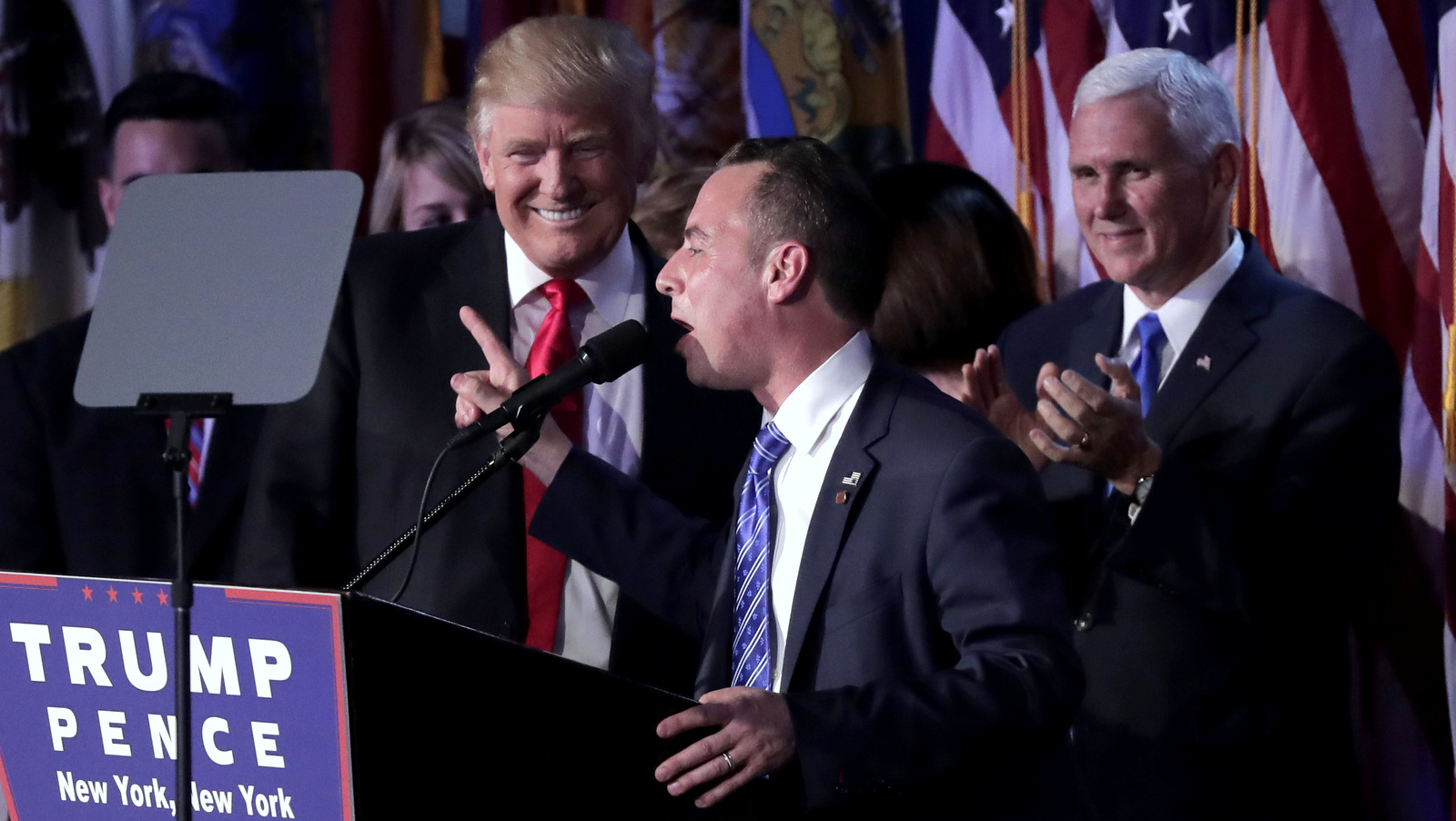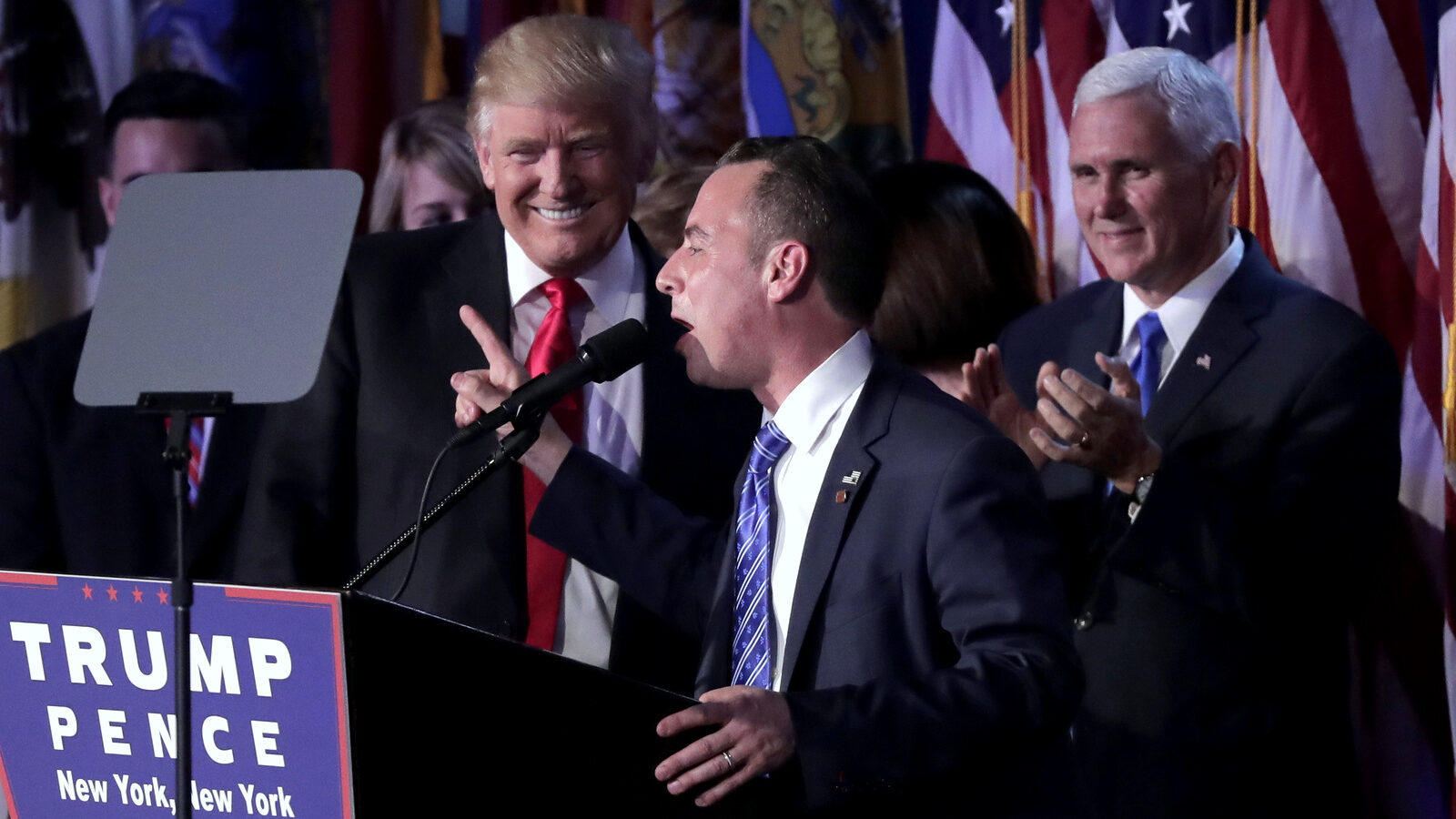
Published in partnership with Shadowproof.
President-elect Donald Trump’s chief of staff Reince Priebus says there are no plans to cut Social Security or Medicare. This was Trump’s position throughout the Republican primaries and general election.
But Priebus was less blunt on whether the expansion of Medicaid brought by the Affordable Care Act (aka Obamacare) would remain. He indicated the decision would be made in the coming weeks.
“People voted for Donald Trump. They want to repeal and replace Obamacare. And we will. And we will cover those folks that are on Obamacare that need to be covered. But at the same time, we’re going to find ways to lower prices, allow people to choose better doctors, and have a lot more freedom when it comes to health care,” Priebus added.
Except, the Medicaid expansion proved to be a success, if a costly one. The Supreme Court left it up to the states to accept the Medicaid expansion program, which has led to some opportunities to compare results between states that accepted the expansion and those that didn’t.
According to a study that compared Kentucky and Arkansas (which accepted Medicaid expansion) and Texas (a state that rejected it), Medicaid expansion led to better public health results. Kentucky and Arkansas had better results than Texas,including preventative medicine, fewer emergency room visits, and improved health for low-income adults.
However, the problem is Medicaid expansion’s costs exceed initial projections. As noted by the Fiscal Times, Medicaid actuarial report’s are showing double-digit increases from older estimates. Over the coming decade, spending through the Medicaid expansion program is expected to be nearly $250 billion higher than previous projections.
One of the reasons the projections were off is that people were sicker than expected, and so once given healthcare used more services. But is that really a bad thing?
While Obamacare has largely proved to be a disaster, the Medicaid expansion was a pretty solid success given its objectives: create greater access to health services and improve health outcomes-and its modest cost overruns.
The Medicaid expansion also covers people that private insurers are unlikely to want to cover.
Trump has promised “insurance for everybody” in his Obamacare replacement plan and cost-cutting through the Medicare and Medicaid’s re-negotiation of drug prices.
If that’s his goal and those are his tactics to achieve it, the Medicaid expansion should remain in place.


